Project Leader & Advisor (Jul 2011-present)
Associate Professor Steven Halim, School of Computing (SoC), National University of Singapore (NUS)
Dr Felix Halim, Senior Software Engineer, Google (Mountain View)
Undergraduate Student Researchers 1
CDTL TEG 1: Jul 2011-Apr 2012: Koh Zi Chun, Victor Loh Bo Huai
Final Year Project/UROP students 1
Jul 2012-Dec 2013: Phan Thi Quynh Trang, Peter Phandi, Albert Millardo Tjindradinata, Nguyen Hoang Duy
Jun 2013-Apr 2014 Rose Marie Tan Zhao Yun, Ivan Reinaldo
Undergraduate Student Researchers 2
CDTL TEG 2: May 2014-Jul 2014: Jonathan Irvin Gunawan, Nathan Azaria, Ian Leow Tze Wei, Nguyen Viet Dung, Nguyen Khac Tung, Steven Kester Yuwono, Cao Shengze, Mohan Jishnu
Final Year Project/UROP students 2
Jun 2014-Apr 2015: Erin Teo Yi Ling, Wang Zi
Jun 2016-Dec 2017: Truong Ngoc Khanh, John Kevin Tjahjadi, Gabriella Michelle, Muhammad Rais Fathin Mudzakir
Aug 2021-Apr 2023: Liu Guangyuan, Manas Vegi, Sha Long, Vuong Hoang Long, Ting Xiao, Lim Dewen Aloysius
Undergraduate Student Researchers 3
Optiver: Aug 2023-Oct 2023: Bui Hong Duc, Oleh Naver, Tay Ngan Lin
Final Year Project/UROP students 3
Aug 2023-Apr 2024: Xiong Jingya, Radian Krisno, Ng Wee Han, Tan Chee Heng
Aug 2024-Apr 2025: Edbert Geraldy Cangdinata, Huang Xing Chen, Nicholas Patrick
List of translators who have contributed ≥ 100 translations can be found at statistics page.
Acknowledgements
NUS CDTL gave Teaching Enhancement Grant to kickstart this project.
For Academic Year 2023/24, a generous donation from Optiver will be used to further develop VisuAlgo.
 Sorting
Sorting
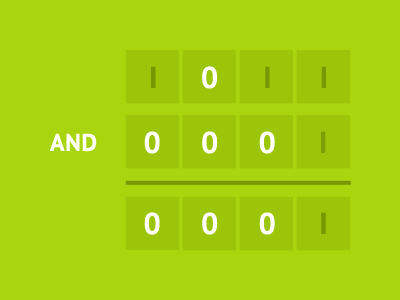 Bitmask
Bitmask
 LinkedList
LinkedList
 Heap
Heap
 HashTable
HashTable
 BST
BST
 Graph Data Structures
Graph Data Structures
 UFDS
UFDS
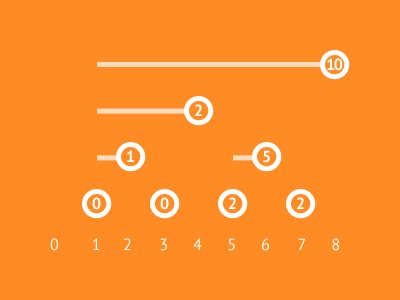 Fenwick Tree
Fenwick Tree
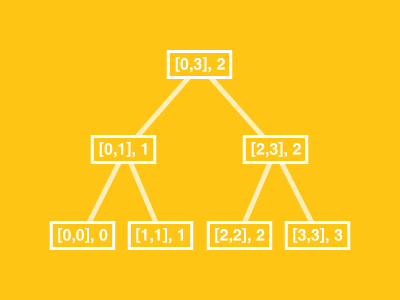 Segment Tree
Segment Tree
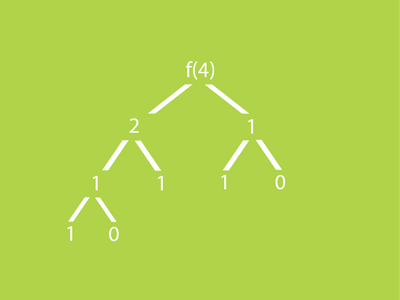 Recursion
Recursion
 Graph Traversal
Graph Traversal
 MST
MST
 SSSP
SSSP
 Cycle Finding
Cycle Finding
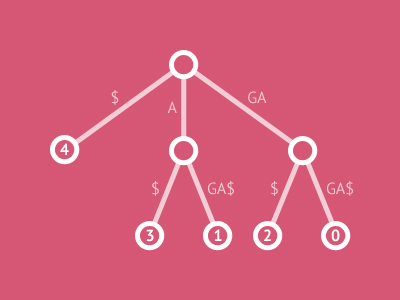 Suffix Tree
Suffix Tree
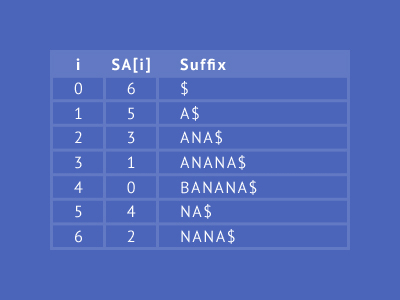 Suffix Array
Suffix Array
 Polygon
Polygon
 Convex Hull
Convex Hull
 Network Flow
Network Flow
 Graph Matching
Graph Matching
 MVC
MVC
 Steiner Tree
Steiner Tree
 TSP
TSP
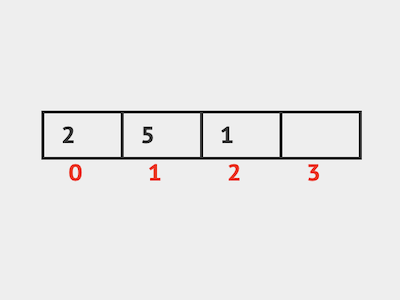 Array
Array

